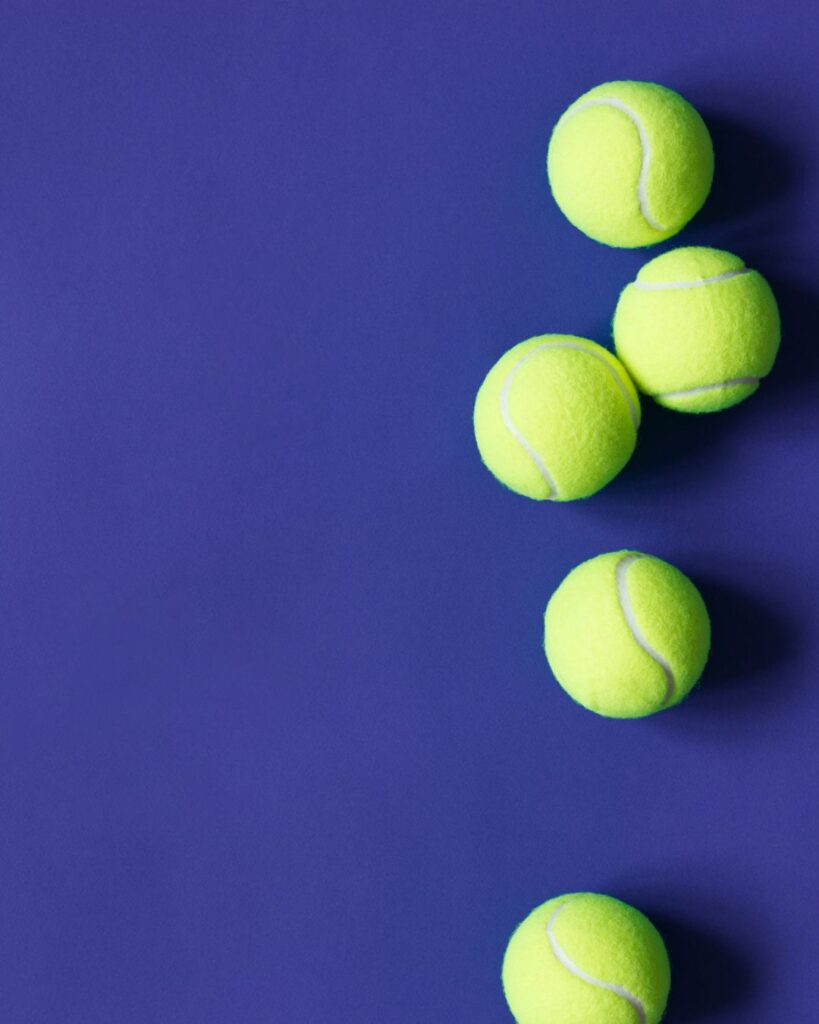Around 400 million tennis and padel balls are produced worldwide every year, most of which end up in mixed waste after just a few uses. Globally, only 0.5% of used balls are recycled. Players and professionals in the sport have long been concerned about the single-use nature of balls and their environmental impact.
Markku Aittola of G-Task, in cooperation with the Finnish Tennis Association and the packaging producer community Sumi, has developed a recycling system for tennis balls and their packaging. This system will be piloted in December 2024 at Targa Arena in Espoo.
The new recycling system can achieve a recycling rate of up to 94.4% in tennis arenas
In Finland, 330,000 tennis and padel enthusiasts are estimated to use about one million balls annually. Like elsewhere in the world, these balls often end up in mixed waste or are lost in nature. “Finland has not previously had the necessary recycling technology or opportunities to reuse old balls. They have typically been handed down for purposes like dog training,” says Aittola.
The majority of balls and their metal or plastic containers end up in mixed waste bins at sports facilities and homes. A waste composition study conducted at Targa Arena revealed that only 0.9% of the contents in the court-side mixed waste bin were truly mixed waste. A significant 89.5% consisted of balls, packaging containers, and their lids.
Aittola’s recycling system introduces three lidded collection bins on court sides: one for balls, and two for plastics and metals, the materials used for ball packaging. This system can increase the recycling rate of tennis facilities to an impressive 94.4%.
Collected tennis balls are converted into pyrolysis oil for recycled plastic raw material
“Recycling tennis balls has been challenging due to their pressurized interiors and multiple material layers. However, they are well-suited for chemical recycling. The collected balls will be sent to our partner Wastewise, a pioneer in chemical recycling in Finland. In chemical recycling, the balls are melted down to produce pyrolysis oil, which serves as raw material for the plastics industry. Tubes and lids will enter existing recycling channels for plastics and metals.” explains Mika Surakka, CEO of Sumi and recycling expert on the project.

The goal: A nationwide collection network by 2025
“The pilot project at Targa Arena in Espoo is set to last two months, during which we’ll observe how players and facility users adopt the new recycling points. We’ll also track collection volumes, sorting accuracy, and refine logistics. In 2025, we aim to expand this initiative to cover all of Finland. With around 120 million balls used annually in Europe, the long-term goal is to establish a continent-wide collection network,” shares Aittola about his vision.
“We aim to create a comprehensive national recycling network in Finland, and this concept aligns perfectly with the Tennis Association’s sustainability goals for the environment and climate,” says Teemu Purho, CEO of the Finnish Tennis Association.
For more information
For inquiries regarding the project:
Markku Aittola, G-TASK
markku.aittola@g-task.org
+358 40 774 6656
Mika Surakka, Sumi Oy
mika.surakka@sumi.fi
Teemu Purho, Finnish Tennis Association
teemu.purho@tennis.fi